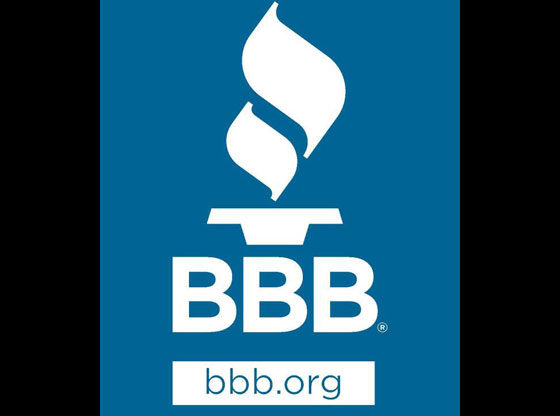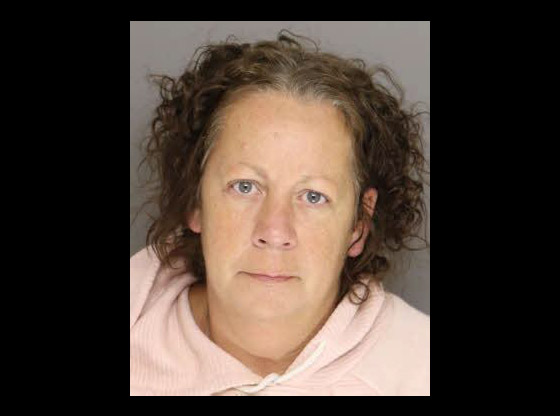As daily life becomes more and more virtual, scammers are cashing in on unsuspecting consumers especially through social media scams. Better Business Bureau serving Eastern North Carolina (BBB) urges consumers to always remain vigilant online and offers the following information to avoid holiday-themed social media scams.
“In one way or another everything is incorporating a virtual component, which makes it easier for scammers to hide behind a screen and remain anonymous,” said Mallory Wojciechowski, president and CEO of BBB serving Eastern NC. “Given this new virtual norm, it’s more important than ever for consumers to be diligent in protecting their personal information, especially when interacting on social media.”
Scams are not one size fits all, and con artists use a variety of techniques to scam their victims out of their personal information and/or money. The joy of the holiday season causes many consumers to let their guard down, encouraging scammers to go after these unsuspecting consumers.
Some holiday-themed scams include:
Holiday event scams, in which you hear your city’s annual holiday market or another shopping event will be held virtually this year. You search for it online and find a social media post or event page. The event, which has been free in the past, is now requiring a paid ticket. You enter your credit card number and personal information, such as full name and address. Unfortunately, the “ticket” is a scam! The event information you found was posted by scammers and not affiliated with the real holiday market. Con artists are creating fake event pages, social posts, and emails to confuse attendees into sharing their credit card information.
Fake advertisements. While social media is a great way for small businesses to advertise their products and services, it’s also a prime platform for scammers to entice their victims. Thousands of complaints are filed with BBB each year about misleading Facebook or Instagram ads.
Some examples include products that claim to support charitable causes, free trial offers, counterfeit merchandise, and random applications.
Secret Santa gift exchanges, which starts with a convincing invitation, either by email or social media to sign up for what seems like a great, fun program. All you must do is provide your name and address and personal information of a few additional friends, and tack this information on to a list that’s already started of people you’ve never met on the Internet. Next, it’s your turn to send an email or social media invitation to send a modest gift or bottle of wine to a stranger along with their friends, family and contacts.
The cycle continues and you’re left with buying and shipping gifts for unknown individuals, in hopes that the favor is reciprocated by receiving the promised number of gifts in return. Unfortunately, it doesn’t happen.
Just like any other pyramid scheme, it relies on the recruitment of individuals to keep the scam afloat. Once people stop participating in the gift exchange, the gift supply stops as well, and leaves hundreds of disappointed people without their promised gifts.
Copy/Paste Surveys, where a friend you trust may share a post on their feed where they have to fill in the blank on a variety of statements, then ask you to do the same. Some common statements may include where you were born, your age, pet names, and hobbies. Although seemingly innocent, these game-like posts share personal information that, whether realizing or not, could be giving scammers hints about passwords or security questions.
With many people off during the holidays, there is more time to leisurely scroll through social media. BBB urges consumers to beware of social media scams that may seek to take advantage of their online habits this holiday season.
BBB offers these tips to avoid falling victim to social media scams this holiday:
Beware of too good to be true offers, as they are likely to be scams.
Beware of free trial offers. Once agreeing to the terms and conditions, consumers have reported they were then unknowingly signed up for monthly shipments of $70+
Research businesses ahead of time. Ask friends/family for references and look for reviews or complaints submitted against a business to prevent unnecessary issues later on.
Be cautious of sharing online. Scammers use the internet, especially social media, to find information on their victims so by sharing your personal information you could be feeding them just what they need to build a victim profile on you.
Keep your receipts. Make note of all of your purchases and save your receipts. If you have a question about a product or need to make a return, you will have the vendor’s information readily available.
Know the return policy. Before making a purchase, ask the vendor what their return policy is so you will not run into issues after the holidays.
Always shop with a credit card. This adds an extra layer of protection for purchases and if anything gets charged that wasn’t supposed to, you can file a claim with your credit card company.
If you’ve been targeted by one of these scams, help others by filing a scam report at BBB.org/ScamTracker, and subscribe to BBB Scam Alerts to receive weekly updates about the latest scams.
Contributed.


















